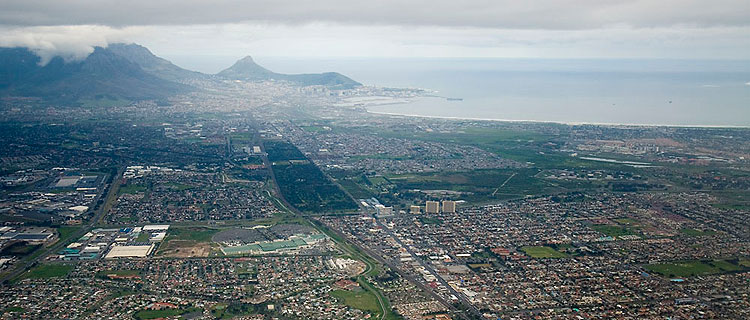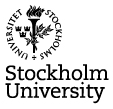
Summarizing land-use patterns, continental scale
Seminar with Jeff Cardille, Tuesday 26 May 2009, 1400-1500.
What types of landscapes best represent the land uses and land covers of the continental US? Would the set include a corn field? A forest? A backyard?
To answer this question, Prof. Jeff Cardille has combined principles of landscape ecology and computer science to identify a small set of “exemplar landscapes" representing distinct LU/LC pattern types of the continental US.
After estimating the similarities of patterns in tens of thousands of landscapes, he employed a versatile new algorithm designed to select representative items from large sets.
In this presentation, he will describe the methods, results, and usefulness of representative landscapes.
Perhaps more importantly, the algorithm's feature of choosing an exemplar for each group could have many other useful applications. As a result, it may be interesting for a variety of problems that could benefit from an objectively determined subset of representative items.
Read more at blogs.nature.com
About Prof. Cardille
Jeff Cardille is interested in understanding environmental change by studying the causes and consequences of spatial variation in ecological processes. To understand this variation at multiple scales, he employs a flexible combination of simulation modeling, satellite analyses, and landscape ecology approaches.
He´s most interested in collaborative projects of all kinds that demand computer-aided solutions. In this context, Jeffrey, among others, has created METALAND, a tool available on the Internet that allows quantifying and mapping the spatial patterns of natural landscapes.
Seminar details
Prof. Jeff Cardille
Department of Geography at the Universite de Montreal, Quebec, Canada
Tuesday, May 26, 2009, 14.00—15.00
Linné Hall, the Royal Swedish Academy of Sciences, Lilla Frescativägen 4, Stockholm
Vacancies | Contact | Environmental policy | Cookies
Stockholm Resilience Centre
Stockholm University, Kräftriket 2B | Phone: +46 8 674 70 70 | info@stockholmresilience.su.se
Organisation number: 202100-3062 | VAT No: SE202100306201


